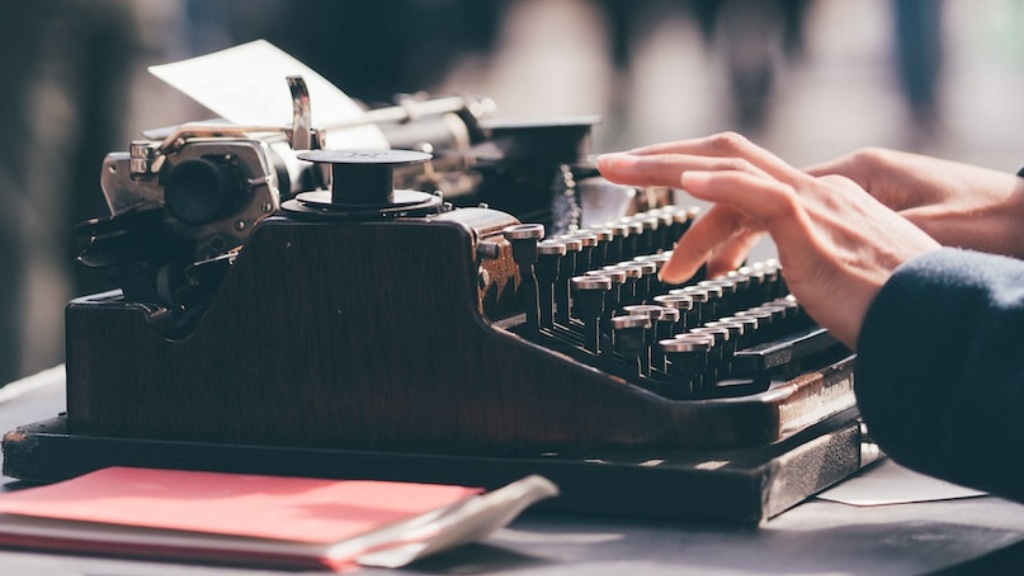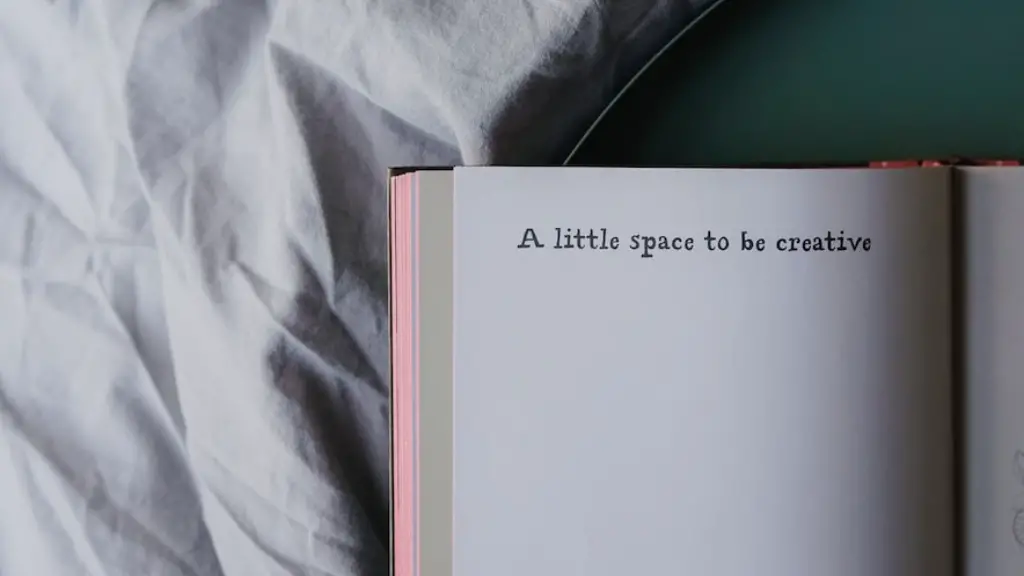What is a poetry reading? A poetry reading is a gathering of poets, and sometimes poets and audience members, to share poetry aloud. Poetry readings can take place anywhere from small coffee shops, bookstores, museums, or even on street corners. The atmosphere of each reading is slightly different; ranging from informal, casual cafés and galleries, to more formal academic settings. The purpose of a poetry reading is to bring together people who share a passion for poetry, to share in the art form, and to learn from each other.
A typical reading will begin with an introduction of the poet, including biographical information such as where they are from and where they have been published. After the introduction, the poet will read one or two of their poems. Following the reading, the host or students in the audience may offer comments or questions. After the poem is read, the audience is encouraged to participate in open discussion about the poem.
When attending a poetry reading, there are a few things to consider. First, always be respectful to the poet. Even if you disagree with the content or theme of the poem, keep your comments respectful and constructive. Second, poetry readings offer a great opportunity to learn from other poets. Take advantage of the opportunity to discuss literary styles, techniques, and themes with other poets. You might also consider bringing a notebook to the reading, so you can take notes, or share your own thoughts. Lastly, enjoy yourself! Poetry readings bring together people of all ages and backgrounds, and it can be an incredibly enriching experience.
The Role of Technology in Poetry Readings
The current landscape of poetry readings has been disrupted by technology. Poets have access to a number of platforms to share their work, such as social media, blogs, and websites. The rise of electronic communication has also influenced the format of poetry readings. For example, several online poetry reading events are now available for poets to participate in remotely. This can be especially beneficial for poets who may not have easy access to traditional poetry readings or venues.
Given the convenience of attending virtual poetry readings, it is clear that technology has expanded the reach of the art form. It is now easier than ever for poets to share their work and to discover the work of other poets. Technology has allowed poets to connect with each other remotely, and to create larger and more diverse audiences for their work.
At the same time, there is some concern among poets that the virtual format of readings can detract from the intimacy of a traditional reading. This can be especially true for younger poets, who may not be as experienced with online communication. In contrast, a live reading may offer a more connected experience, and encourage meaningful interaction with other poets.
Variations of Poetry Readings
Although a typical poetry reading consists of readings of individual works, there are variations on the theme. Some poetry readings will feature an “open mic” format where poets can take turns to read their works. Others might feature a themed reading, focusing on a particular style or movement. In some cases, poets are encouraged to improvise new works in response to audience prompts or cues.
Another popular variation is the “slam” reading, where poets compete for a panel of judges. The poet with the best poem is then declared the winner. Slam readings are usually held in informal and energetic settings, and poets often combine powerful delivery with humor and performance.
Finally, some poets are experimenting with forms of computer-mediated communication, such as instant messaging platforms. These new formats offer poets ways to interact with each other actively, and may offer new opportunities for collaboration and performance.
Social Impact of Poetry Readings
In recent years, the power of the spoken word has gained recognition as an important platform for social, political, and cultural discourse. Poetry readings often reflect and amplify the events, themes, and conversations taking place in society. From public protests to memorials, poets have used their art to call attention to important issues, educate the public, and even to fight for social justice.
Accompanied by a culture of support, poetry readings also provide a safe space for poets to express their ideas and perspectives. They offer an opportunity to meet other poets, make friends, and build a community around a shared passion for the written word. As such, poetry readings can be a powerful tool for building understanding, deepening empathy, and forging meaningful connections.
Structure of Poetry Readings
When hosting a poetry reading, it is important to consider the structure of the event. A successful reading should be well organized, with an appropriate balance between the poems being read and audience interaction. It is also important to select an appropriate venue, such as a café, gallery, or museum, which can provide a comfortable atmosphere for both the audience and the poets.
Organizers may also consider providing a light snacks. This can make the reading feel less formal, and extend the experience beyond the reading phase. Finally, it is important to ensure that all poets are treated equally and with an appropriate amount of respect and appreciation.
In Conclusion
In conclusion, a poetry reading is an event where poets can come together to share their work and discuss their ideas. What makes a poetry reading unique is its intimacy and atmosphere of exploration, appreciation and unity. Poetry readings can also serve as a platform for social discourse and understanding. As such, they can be an incredibly powerful and enriching experience.



